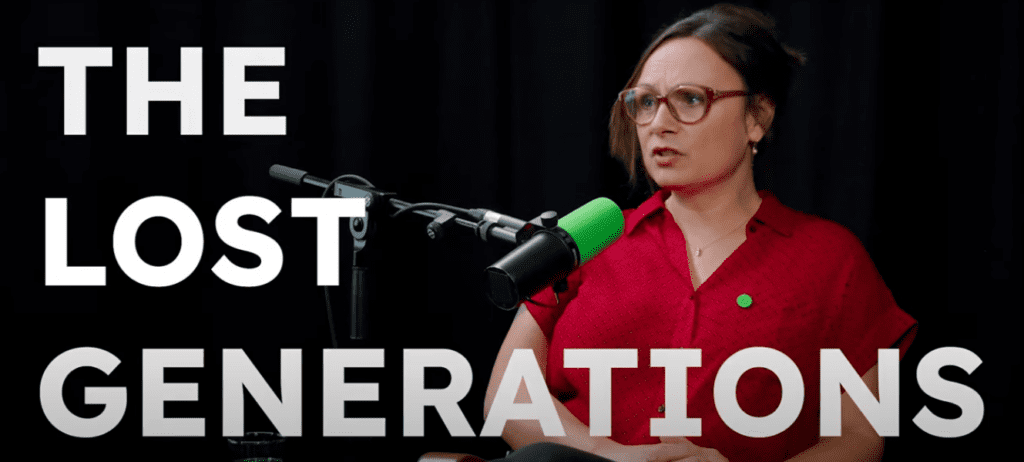Posted 21 Nov 2024
Podcast: The Neurodiversity Unemployment Crisis
Exploring neurodiversity with Dr. Nancy Doyle, Genius Within Founder and Ben Branson, The Hidden 20% Founder.
Check out a fantastic podcast from Ben Branson of THE HIDDEN 20% alongside Dr. Nancy Doyle, Genius Within Founder and Chief Science Officer. A fascinating discussion around many areas of neurodiversity and unemployment.

THE HIDDEN 20% is a media-led charity with the aim of being “dedicated to raising awareness & support for the 1.6 Billion neurodivergents.”
Ben and the team clearly know a thing or two about great podcasts. They have scooped several awards already such as the British Podcast Awards Interview 2024 (Gold) and the British Podcast Awards New Podcast 2024 (Silver).
Read more about Ben and THE HIDDEN 20% charity.
In Dr Nancy Doyle’s words
“It was an absolute pleasure to dive into this conversation—one that was full of tangents but also so much insight, reflection, and honesty. Ben has a remarkable ability to create space for these conversations, and I couldn’t be more thrilled to share our episode with you.”
Here’s a little glimpse into the fascinating discussion covering neurodiversity in work and much, much more. You can check it in full out via:
➡️ Neurodiversity assessment and screening
We unpacked the importance of accurate neurodiversity assessment. We also discussed how understanding neurodivergent minds can lead to better support structures for individuals in the workplace and beyond.
➡️ Spiky profiles and everyday work performance
Neurodivergent individuals often have a “spiky” skill profile—extraordinary strengths in some areas, coupled with challenges in others. We chatted about how this impacts day-to-day performance and how organisations can better adapt to support these unique profiles.
➡️ The looming skills gap:
One of the most pressing topics we touched on was the shortage of skilled professionals. How do we harness untapped talent, especially within the neurodivergent population, to bridge this gap and future-proof our workforce?
➡️ Why are we all so unwell?
This question took us down some deep and personal paths, exploring the systemic pressures and societal norms that are affecting all of our mental health.
I also shared some personal stories, including my experiences with educational trauma. A topic that, while painful to revisit, is so important to acknowledge and discuss.
It’s these raw, real conversations that help drive change, both in how we view neurodiversity and how we create more inclusive, compassionate systems—whether in education, work, or society as a whole.
